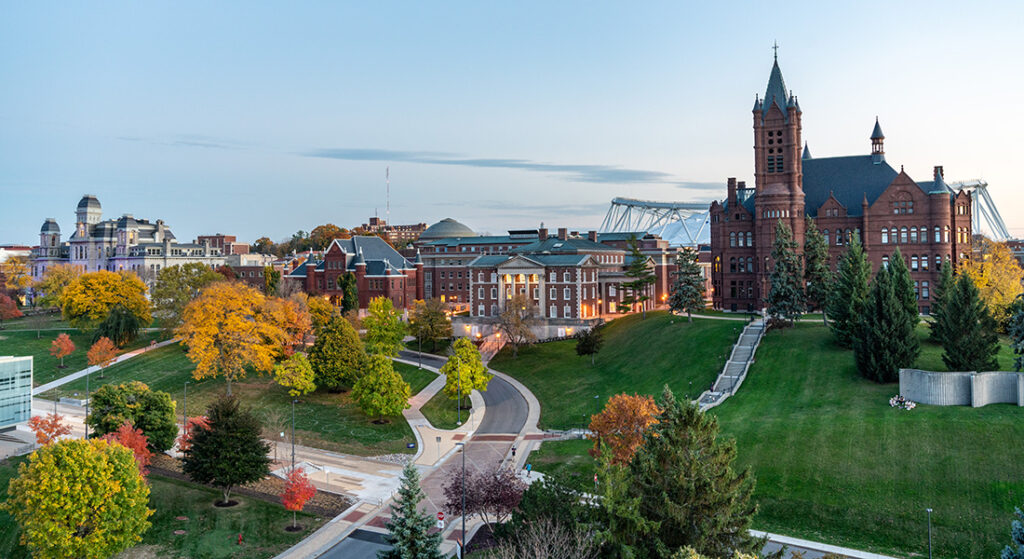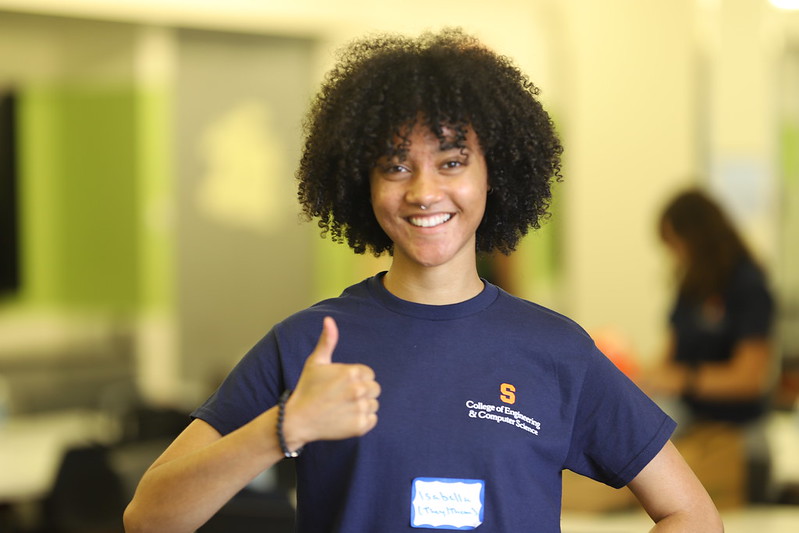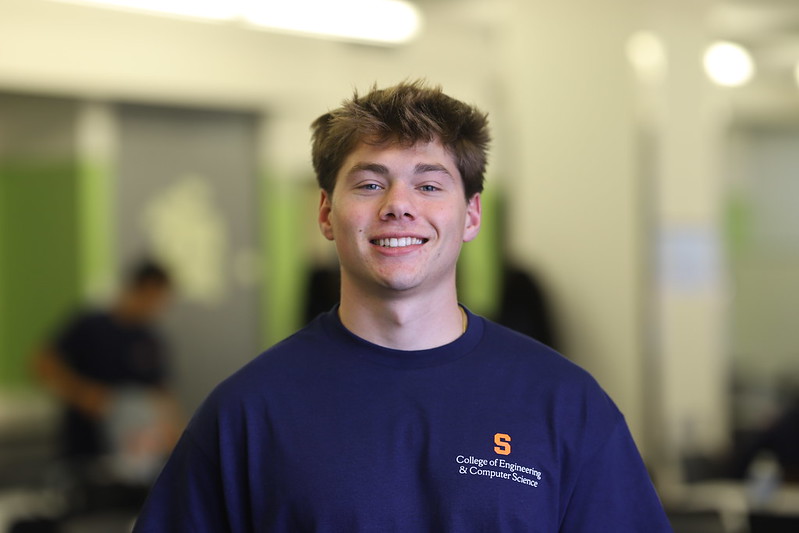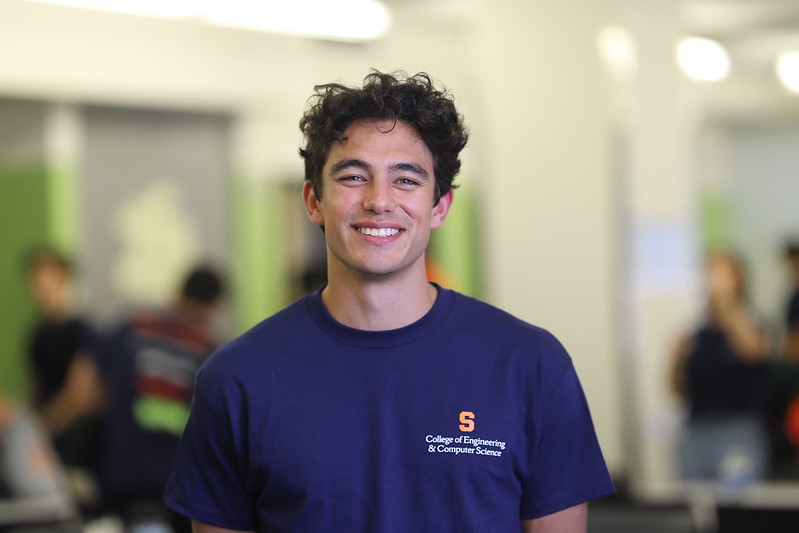
As the end of the spring semester and final exams approach, we’ve gathered some tips from ECS peer leaders on how they study for exams. Here’s what they had to say:

Isabella Perkins | Chemical Engineering | 2025
- Create your own study guides for classes: making the study guide is a form of studying in itself.
- Make sure you’re going to the professor’s office hours to clear up any questions you had on any past coursework.
- Try to work through practice questions or rework homework questions without referencing your notes.
- Take frequent breaks when studying for long periods of time and make sure you’re eating and drinking enough.
- Switch between subjects every once and a while when studying to prevent burnout.

Michael Wehrle | Mechanical Engineering | 2025
- As a senior, I’ve gained a lot of experience in tackling challenging coursework. During my freshman year, I primarily studied alone in my room and managed to achieve decent grades. However, in my sophomore year, I began to bond with other mechanical and aerospace engineering students, and we formed a small study group.
- Collaborating with classmates made a significant difference; we would post problems on whiteboards and work through them together. Discussing concepts and explaining problems to one another enhanced our understanding and benefited the entire group.
- From my experience at Syracuse, I’ve found that bringing a pack of Expo markers to a study room or classroom is one of the most effective ways to prepare for tough exams.
- I will always be grateful for stepping out of my comfort zone to study with other students. We’re all in the same boat, tackling challenging classes, and having support makes a world of difference compared to struggling alone. I’m really glad I reached out and built friendships; we still stay close and not only study together but also enjoy time together socially.

Kana Wong | Civil Engineering | 2025
- I study by retaking notes, putting together a good cheat sheet, and redoing homework problems or practice exams.
- To combat stress, I try to get things done early when I know that exams are coming up.
- I find time to do work around my clubs and social life because I’ve found that without those scheduled breaks, studying becomes much harder and less productive.
